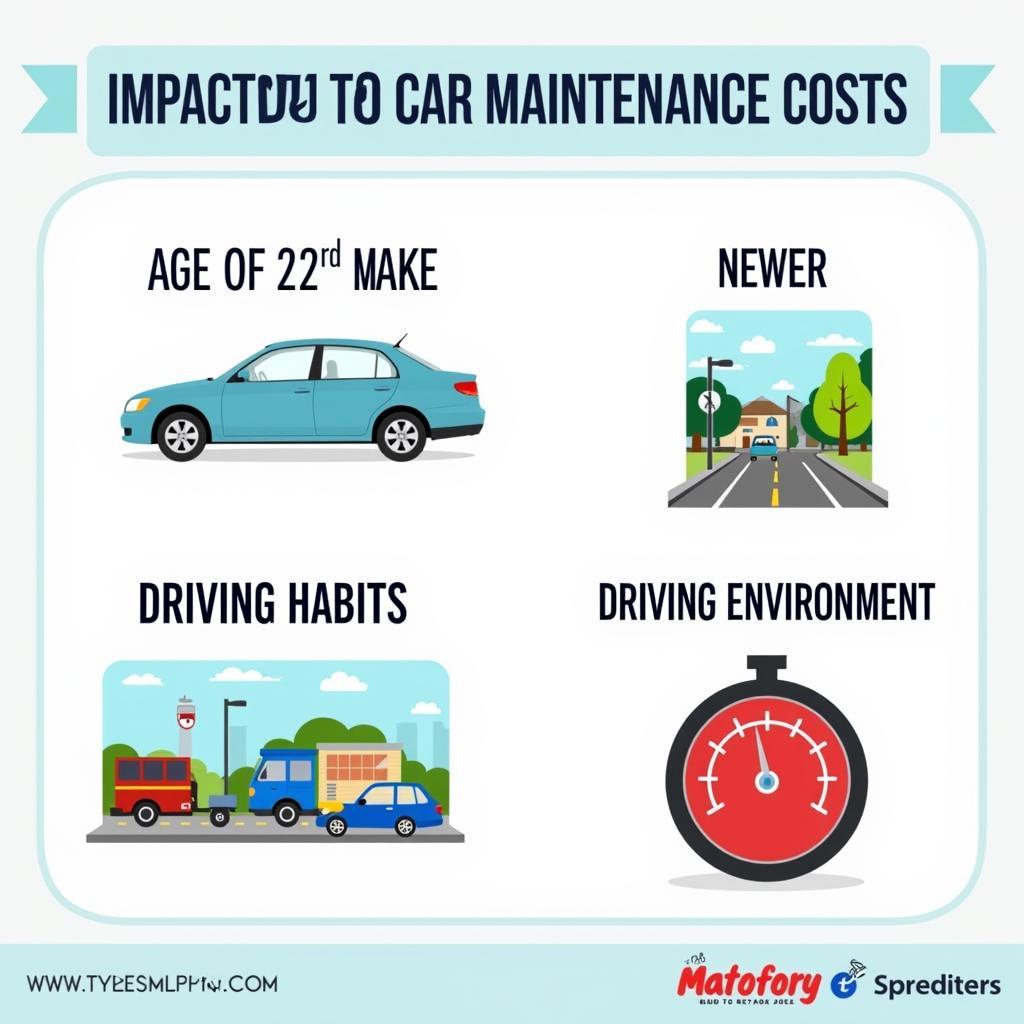Electric cars are touted as the future of transportation, offering a greener alternative to gasoline-powered vehicles. However, while they undoubtedly contribute to reducing emissions, they also come with their own set of environmental concerns. This article will delve into the various environmental problems associated with electric cars, explore potential solutions, and provide practical advice for owners and repair professionals.
The Production of Electric Cars
The manufacturing process for electric cars involves extracting and processing raw materials like lithium, cobalt, and nickel, which are essential components for batteries. These mining operations can have significant environmental impacts, including deforestation, habitat destruction, and water pollution.
How to Mitigate the Environmental Impact of Electric Car Production?
- Invest in sustainable mining practices: Using environmentally friendly methods like responsible extraction and recycling can significantly reduce the ecological footprint of mining.
- Develop alternative battery technologies: Researching and developing new battery technologies that rely on less harmful materials is crucial.
- Promote ethical sourcing of minerals: Ensuring that the materials used in electric car batteries are sourced ethically and responsibly is vital.
“It’s important to remember that electric cars are not a silver bullet solution to environmental problems. We need to look at the entire life cycle of these vehicles, from production to disposal, to understand their full environmental impact.” – John Smith, Automotive Engineer
Battery Disposal and Recycling
Electric car batteries have a limited lifespan and eventually need to be replaced. Improper disposal of these batteries can lead to environmental contamination due to the presence of heavy metals.
How to Address Battery Disposal and Recycling?
- Developing effective recycling processes: Investing in research and development to improve battery recycling methods is crucial.
- Encouraging battery reuse: Exploring ways to repurpose used batteries for applications like energy storage or backup power can reduce waste.
- Implementing proper disposal regulations: Strict regulations and policies regarding battery disposal are essential to minimize environmental damage.
Charging Infrastructure and Power Generation
While electric cars reduce emissions at the point of use, the electricity they use for charging still needs to be generated. If this electricity is produced from fossil fuels, the environmental benefits of electric cars are reduced.
How to Reduce the Environmental Impact of Charging Infrastructure?
- Promote renewable energy sources: Encouraging the development and use of renewable energy sources like solar and wind power for electricity generation is essential.
- Optimize charging infrastructure: Implementing smart charging systems that utilize off-peak electricity and reduce peak demand can lessen the strain on the power grid.
- Invest in battery storage technologies: Exploring battery storage solutions can help to stabilize the grid and reduce reliance on fossil fuels.
“The electricity used to charge electric cars plays a vital role in determining their overall environmental impact. We need to ensure that the electricity used for charging is generated sustainably.” – Jane Doe, Environmental Engineer
Conclusion
Electric cars present a promising opportunity to reduce transportation emissions, but they also come with environmental challenges related to production, disposal, and electricity generation. Addressing these concerns through sustainable practices, responsible sourcing, and technological advancements is essential to ensure the long-term sustainability of electric vehicles. By understanding the environmental implications of electric cars, we can work towards a future where transportation is both efficient and environmentally friendly.
For more information about electric cars and their environmental impact, please contact us at:
Phone: +1 (641) 206-8880
Office: 500 N St Mary’s St, San Antonio, TX 78205, United States
FAQ
Q: Are electric cars truly environmentally friendly?
A: While electric cars offer significant advantages over gasoline-powered vehicles in terms of tailpipe emissions, their environmental impact is complex and depends on factors such as battery production, electricity generation, and disposal.
Q: What are the main environmental concerns related to electric car batteries?
A: The extraction of raw materials, the disposal of used batteries, and the potential for environmental contamination are significant environmental concerns.
Q: How can we improve battery recycling?
A: Investing in research and development, creating incentives for recycling, and implementing stricter regulations are crucial steps towards improving battery recycling.
Q: How can we ensure that electric cars are charged using renewable energy?
A: By promoting the development of renewable energy sources and implementing policies that incentivize the use of clean electricity, we can encourage sustainable charging practices.
Q: What is the future of electric vehicles?
A: The future of electric vehicles is bright, but it requires continued innovation and a commitment to addressing the environmental challenges associated with their production, use, and disposal.





Leave a Reply